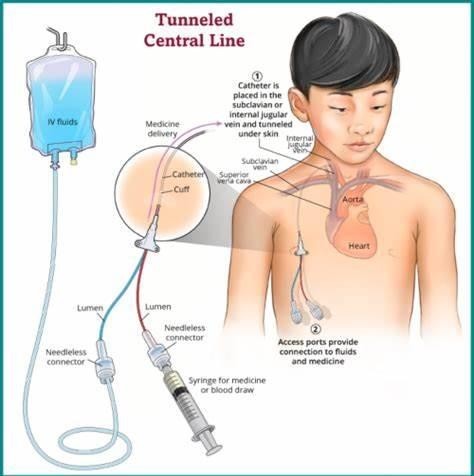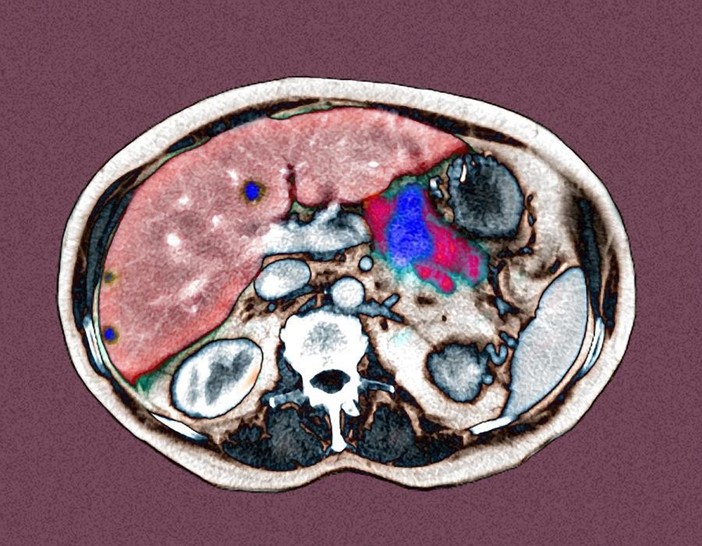Several nurses who work on a postoperative surgical unit have reported to the charge nurse their concerns about a particular surgeon's treatment of clients during invasive procedures.
Adult clients are often in tears after this particular physician performs central IV line insertions or other invasive procedures. After the charge nurse confronts the healthcare provider who dismisses the concerns, the charge nurse reports the surgeon's behavior to the nurse manager who listens but does nothing about the situation.
What action is most important for the charge nurse to take?
Confront the nurse manager as a group and ask why nothing has been done to change the surgeon's behavior.
Attend procedures performed by the surgeon and demand halting the procedure if the client becomes distressed.
Document client reactions to invasive procedures performed by the physician in their medical record.
Report the physician's lack of concern for clients' pain during invasive procedures to the Director of Nursing.
The Correct Answer is D
Choice A reason: Confronting the nurse manager as a group may not be effective or appropriate, as it may create more conflict and resentment. The charge nurse should follow the chain of command and escalate the issue to a higher authority if the nurse manager fails to act.
Choice B reason: Attending procedures performed by the surgeon and demanding halting of the procedure if the client becomes distressed may be seen as insubordination and interference by the surgeon, who may have legal authority to perform the procedure. It may also jeopardize the client's safety and outcome.
Choice C reason: Documenting client reactions to invasive procedures performed by the physician in their medical record is important, but not sufficient. It does not address the root cause of the problem, which is the surgeon's lack of empathy and respect for clients' pain and dignity.
Choice D reason: Reporting the physician's lack of concern for clients' pain during invasive procedures to the Director of Nursing is the most important action for the charge nurse to take, as it may lead to an investigation and corrective measures. The Director of Nursing has more power and responsibility than the nurse manager to deal with such issues and protect clients' rights and welfare.

Nursing Test Bank
Naxlex Comprehensive Predictor Exams
Related Questions
Correct Answer is A
Explanation
Choice A Reason: This is the correct answer because the client's vital signs indicate that she is hypovolemic and dehydrated due to the leakage of gastric contents from the anastomosis site. The nurse should replace fluids intravenously to prevent shock and electrolyte imbalance.
Choice B Reason: Recording the amount of daily wound drainage is important but not the most important intervention for this client because it does not address the immediate problem of fluid loss and hypovolemia. The nurse should monitor the wound drainage for signs of infection and report any changes to the physician.
Choice C Reason: Assessing skin condition and turgor for breakdown is important but not the most important intervention for this client because it does not address the immediate problem of fluid loss and hypovolemia. The nurse should assess the skin for signs of dehydration and pressure ulcers and provide appropriate skin care.
Choice D Reason: Turning every 2 hours around the clock from side-to-side is important but not the most important intervention for this client because it does not address the immediate problem of fluid loss and hypovolemia. The nurse should turn the client to prevent complications such as pneumonia and atelectasis but also consider the client's comfort and pain level.

Correct Answer is B
Explanation
Choice A Reason: Ensuring the transfer of the client's electronic chart code is not the most important action for the nurse to take first. The electronic chart code is a unique identifier that allows access to the client's health records and care plan. While this is an important task, it is not as urgent or essential as giving a detailed report to the accepting nurse, who will be responsible for providing palliative care to the client.
Choice B Reason: Giving a detailed report to the accepting nurse is the most important action for the nurse to take first. The report should include the client's diagnosis, prognosis, pain level, medication regimen, preferences, goals, and psychosocial needs. This will ensure continuity of care and facilitate a smooth transition for the client and the family.
Choice C Reason: Taking the family to the client's new room is not the most important action for the nurse to take first. The family may need emotional support and guidance during this difficult time, but they also need accurate and timely information about the client's condition and care plan. The nurse should first give a detailed report to the accepting nurse and then accompany the family to the new room.
Choice D Reason: Giving the client written information about end-of-life care is not the most important action for the nurse to take first. The client may benefit from learning more about palliative care, hospice care, advance directives, and bereavement services, but this should be done after giving a detailed report to the accepting nurse and ensuring that the client is comfortable and stable in the new room.

Whether you are a student looking to ace your exams or a practicing nurse seeking to enhance your expertise , our nursing education contents will empower you with the confidence and competence to make a difference in the lives of patients and become a respected leader in the healthcare field.
Visit Naxlex, invest in your future and unlock endless possibilities with our unparalleled nursing education contents today
Report Wrong Answer on the Current Question
Do you disagree with the answer? If yes, what is your expected answer? Explain.
Kindly be descriptive with the issue you are facing.
